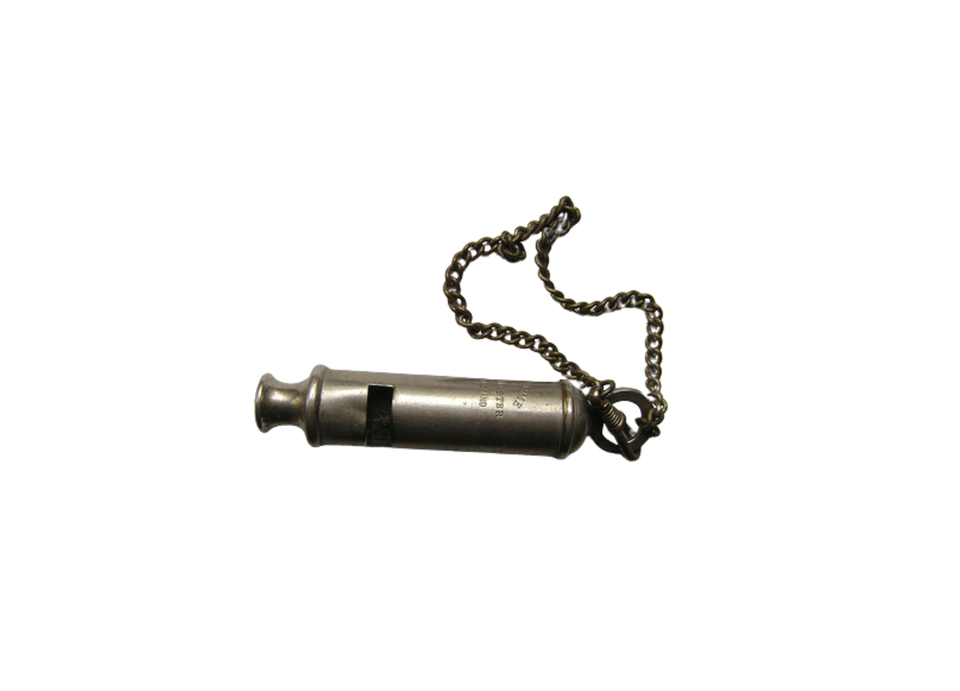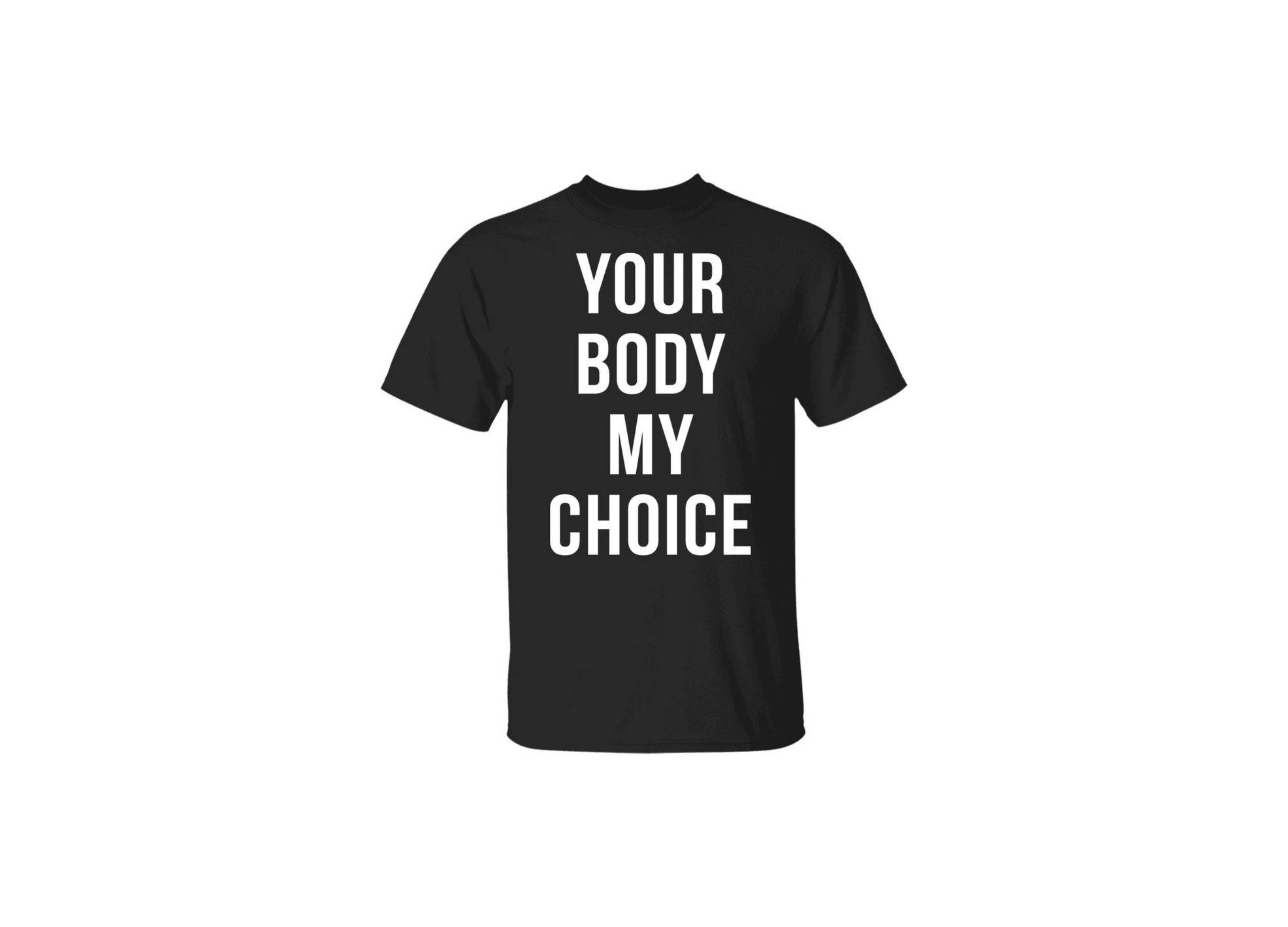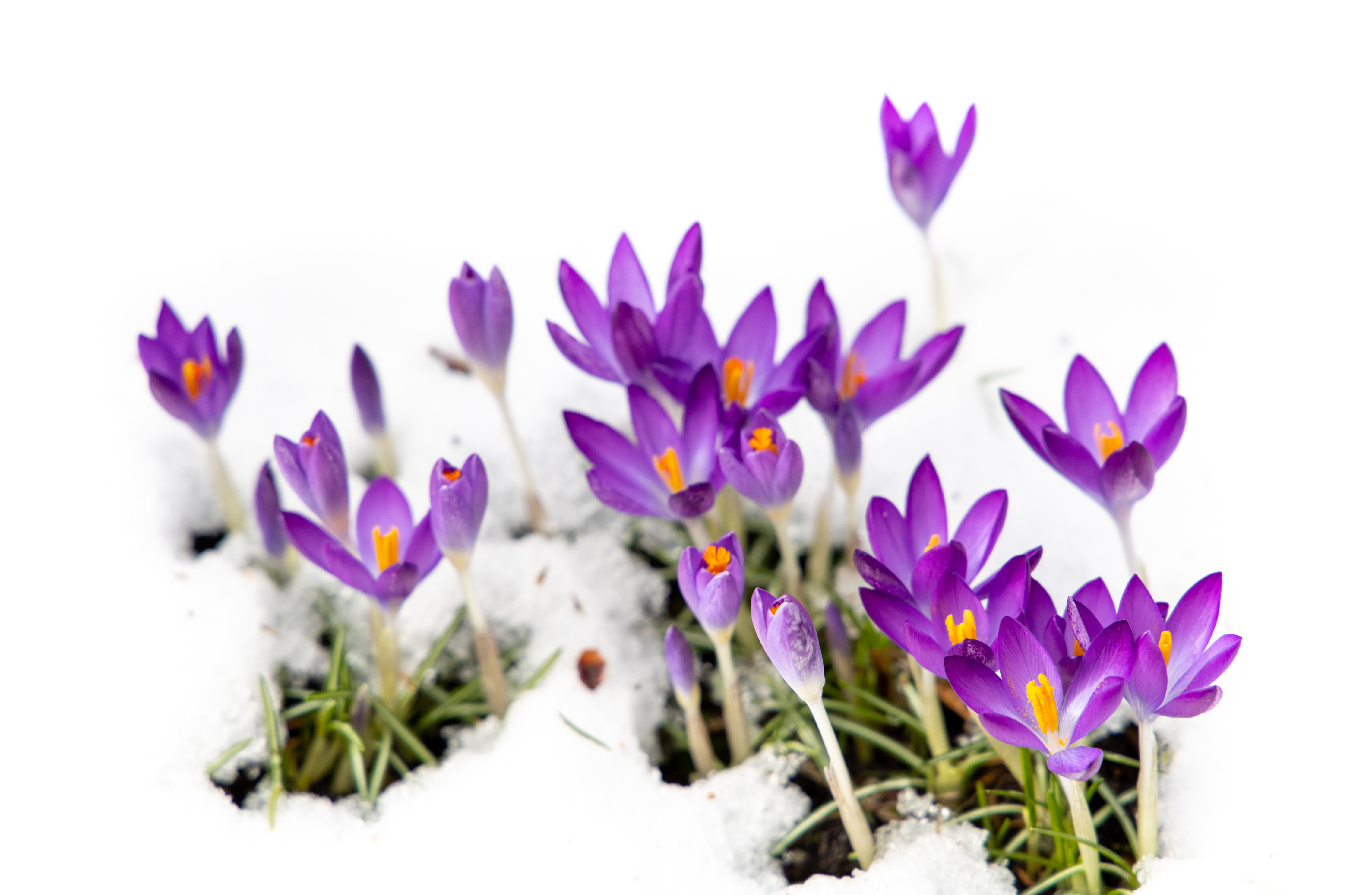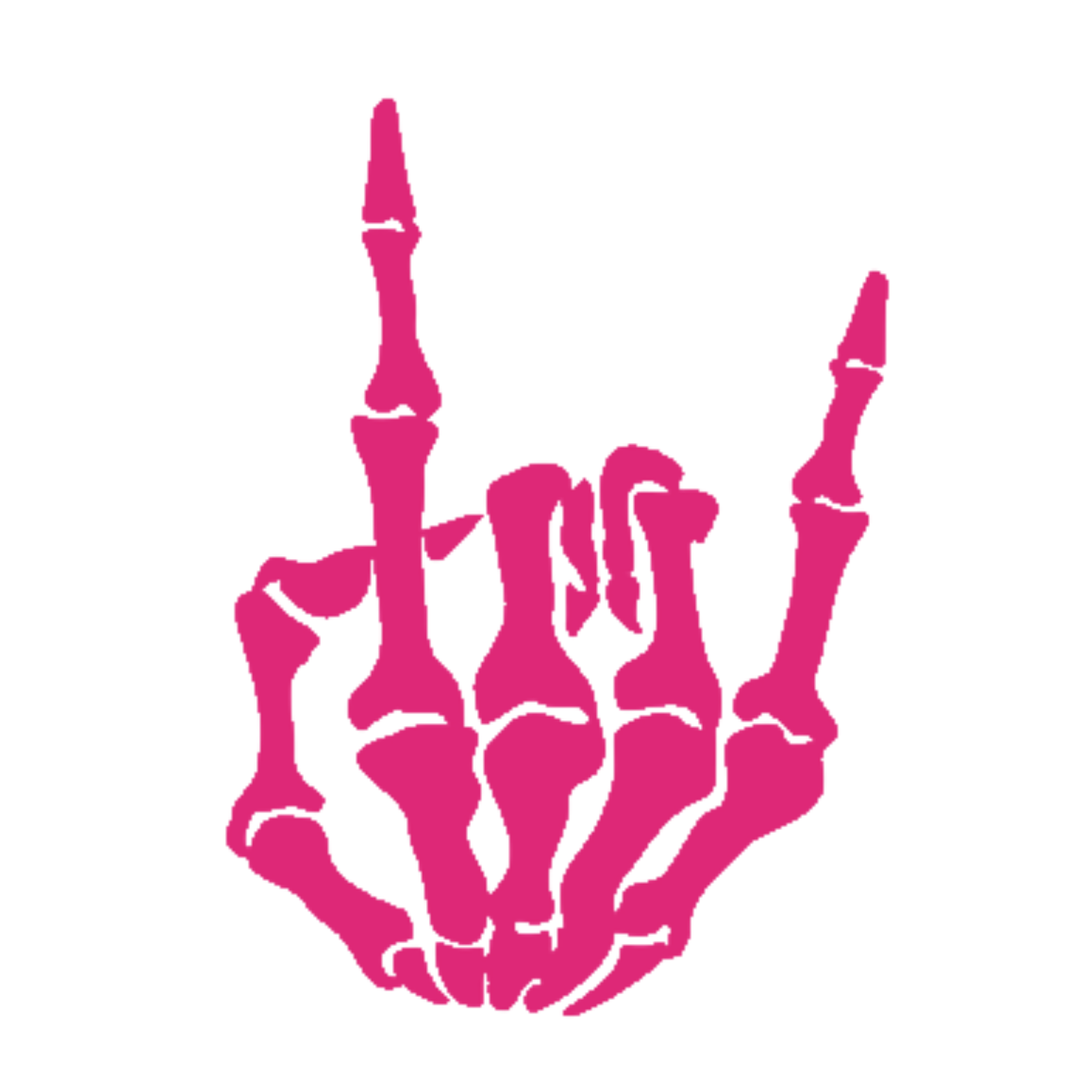A Whistle for Signaling at Night

Now after the spear had been given him, Ruadán turned and wounded Goibniu. But he plucked out the spear and cast it at Ruadán, so that it went through him, and he died in the presence of his father in the assembly of the Fomorians. Then Brígh comes and bewailed her son. She shrieked at first, she cried at last. So that then for the first time crying and shrieking were heard in Erin. Now it is that Brígh who invented a whistle for signalling at night.
I’ve been getting to know the goddess Brigid and the saint Brigid for quite some time now. There’s quite a bit of text to explore about the latter and very little about the former, so I’ve considered this passage from Cath Maige Tuired—The Second Battle of Mag Tuired—many times. “Crying and shrieking” are sometimes translated as keening. I recognize that medieval texts about the various races who battled for control of Ireland aren’t exactly history as we like to think of it, but Ican see Brigid as goddess who invented keening—a very particular, ritualized type of mourning—more easily than I can see her as the first mother to shriek and cry over her dead child.
In the past, when thinking about Brigid and writing about Brigid, I’ve glossed over her invention of a whistle. Maybe it’s because of my associations with whistling, which are entirely benign and quotidian. My dad whistles. He, for real, whistles while he works. He had a very particular, very loud whistle that my sister and I could hear from blocks away and that whistle meant, “Time to come home.” Also? Whistle is a funny word.
As I’ve been reading and writing for Imbolc, I revisited this passage and thought about the rape whistle as a cultural artifact.
For the first time in my life, I have a rape whistle. It’s not actually a whistle, and it can do a whole lot of fancy internet stuff but, fundamentally, it’s a thing that makes a very loud noise that is supposed to scare off assailants and let others know that I need help. I am 54 years old and right now is the first time I’ve ever felt that I should have such a thing. I also bought one for my kid and my sister.
I have, until now, moved through the world with a lot of confidence and trust. Not naivete, but a sense of safety shaped by an understanding of actual stranger danger and the reality that the people most likely to harm me are people close to me. I have walked alone at night in New York many, many times. I have taken the subway alone at night many, many times. The only time I’ve ever been afraid in New York was when I woke up to find a friend’s roommate naked and climbing into bed with me. But living in a country where I know that people who have never even met me wish me harm has changed me. It hasn’t changed my behavior much—besides the fact that I now have a Birdie on my keychain—but it has changed how I feel.

My worries about the women in my life are nothing compared to my worries about my trans son. The first time he used a men’s room after the election my heart was in my throat and I was poised to run in there if he didn’t emerge within a couple of minutes. The threats against him are real and mounting by the day. All the trans people I know are scared, and they have every reason to be. One thing we learned from the last election is that promising to hurt trans people was a winning issue. We also know that the Trump administration is testing the American people to see what we will tolerate. I think that the American people will tolerate a lot when it comes to hurting trans people, and I know that a significant number of Americans enjoy seeing them hurt.
Immigrants also, are a vulnerable group, and Trump is already making good on his promise to make America white again. Mass deportations and an end to birthright citizenship were also appealing to voters. And if you’re saying, “Well, that’s illegal” or “That’s unconstitutional,” all I can tell you is that lives are being ruined right now. Parents are afraid to send their kids to school because school is no longer safe. Crops are rotting in the fields of California because workers are afraid of ICE raids. People are being detained. Now.
Trans people and immigrants are easy targets because, it turns out, a whole lot of people hate them. A whole lot of people hate women, too, of course—including a whole lot of women. When the Trump administration talks about DEI and meritocracy, they are talking about white supremacy and scapegoating the disabled. No one is safe right now.
“Whistling in the dark” means pretending that things aren’t as scary as they seem, and there seems to be quite a bit of that going around at the moment. We can’t afford that. If we’re going to reach for a metaphorical whistle, let it be Brigid’s. My cursory exploration of what this might mean revealed that whistling was a way for people to maintain contact in rural communities—to warn of danger, to call for help, to simply say, “I’m out here.” In her Divine Feminine Oracle, Megan Watterson says this about Brigid:
She is said to have created the whistle for calling out from one to another while walking through the night, which lifts the wanderer with its levity and reminds her she’s not alone.
What I’m saying is that we shouldn’t be trying to stay safe by pretending that we’re not in danger. We should be finding each other and helping each other because we are.
I also appreciate this passage from an article about Brigid in the Irish Examiner. Activist and entrepreneur Kathy Scott is quoted saying
In my own work facilitating large groups of women, I’ve come to see Brigid as a badass, a bridge between worlds and she's a unifier.
Brigid is also associated with the whistle, and what do we do with the whistle? We sound it as an alarm if someone is under threat. Brigid is a matron of whistleblowers, resisting herd instincts and speaking up for justice.
Let’s be whistleblowers. Let’s shatter the darkness with truth. Let’s make some noise for justice.
If you appreciate this work, please consider supporting it by becoming a paid subscriber. It makes a real difference to me and my family.

Over at Postmodern Witch, I’ve got more on the goddess Brigid and links to past essays about the Brigid the saint covering such topics as her love of beer and her role as a queer icon. Paid subscribers also get a free digital edition of A Postmodern Witch’s Guide to Imbolc.
Thanks for reading Croning! This post is public so feel free to share it.


Comments ()